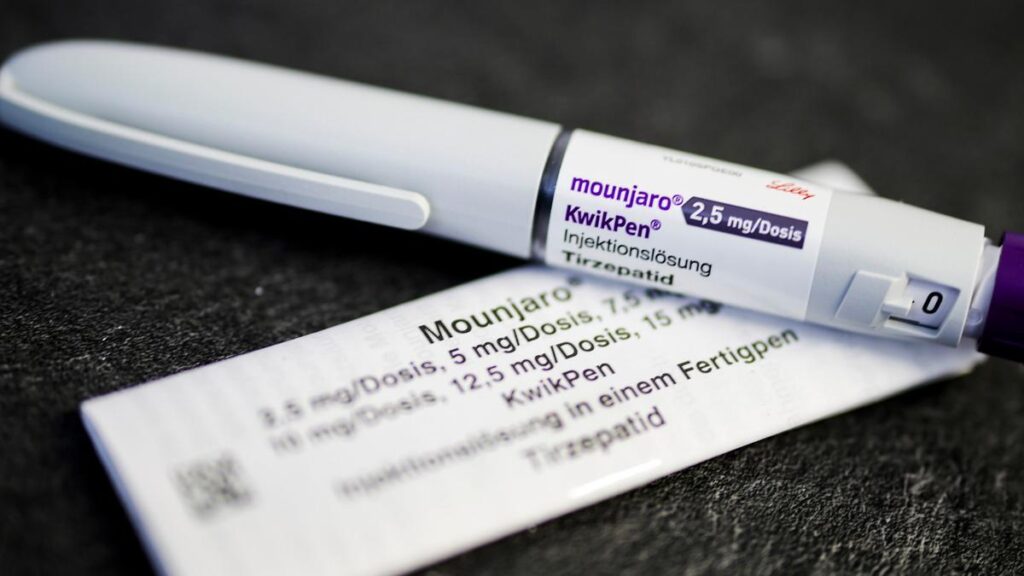
Research indicates that weight-loss injections can significantly decrease the risk of premature death among heart patients. A recent study conducted by Harvard University involving 120,000 patients with heart failure revealed that the drug Mounjaro can lower the risk of death or hospital admission by an impressive 58 percent compared to traditional diabetes treatments. Additionally, the drug Wegovy, which contains semaglutide, was shown to reduce this risk by 42 percent over a six-year period.
The findings highlight the potential of these injections not only for weight management but also for improving cardiovascular health. An accompanying study commissioned by the makers of Wegovy found that both Mounjaro and Wegovy can diminish the risk of heart attacks and strokes, as well as reduce the likelihood of early death among individuals with cardiovascular disease. Notably, semaglutide provided the most robust protection among the treatments evaluated.
Significant Findings in Cardiac Care
Dr. Carlos Aguiar, vice-president of the European Society of Cardiology, expressed enthusiasm about the results, stating, “This shows there is a benefit in using one of these two agents to reduce risk.” He emphasized that the research has exceeded expectations, stating, “We thought that we might not really find a treatment that would work well for a significant proportion of these patients.”
The study’s outcomes suggest that these drugs may operate through mechanisms that extend beyond simple weight loss. This breakthrough brings hope to a population that has long sought effective treatments for managing heart-related risks.
Implications for Future Treatment
The research underlines a transformative approach to treating cardiovascular issues, highlighting the efficacy of medications traditionally used for diabetes management. As healthcare providers continue to seek comprehensive solutions for heart disease, the integration of weight-loss injections into treatment regimens could reshape patient care strategies.
The findings serve as a reminder of the ongoing evolution in medical treatments, where the dual benefits of addressing weight and reducing cardiovascular risks can lead to improved outcomes for patients. As these drugs gain wider acceptance, they may soon become essential components of heart disease management programs globally.
In conclusion, the implications of this research are significant, paving the way for potential changes in treatment guidelines and offering new hope for patients battling heart disease.







